Fiscal Decentralization and Gender Equality in Developing Economies: Dynamics of Income Groups in Economies and Corruption
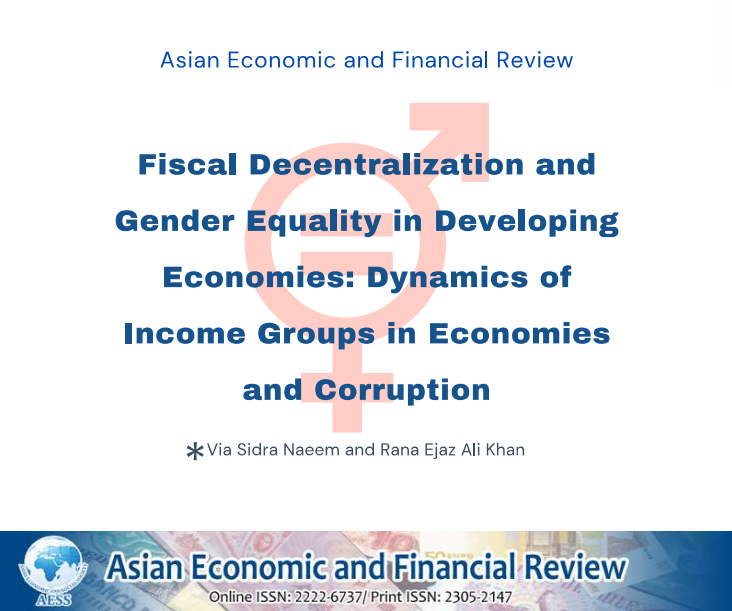
Fiscal Decentralization and Gender Equality in Developing Economies: Dynamics of Income Groups in Economies and Corruption A large number of studies on fiscal decentralization have supported the claim that decentralized governments have a greater capacity to approach local preferences and have greater potential for public service delivery, which demonstrates a favorable status of socioeconomic indicators. […]
Exploring Effects of Perceived Justice and Motivation on Satisfaction in Higher Education
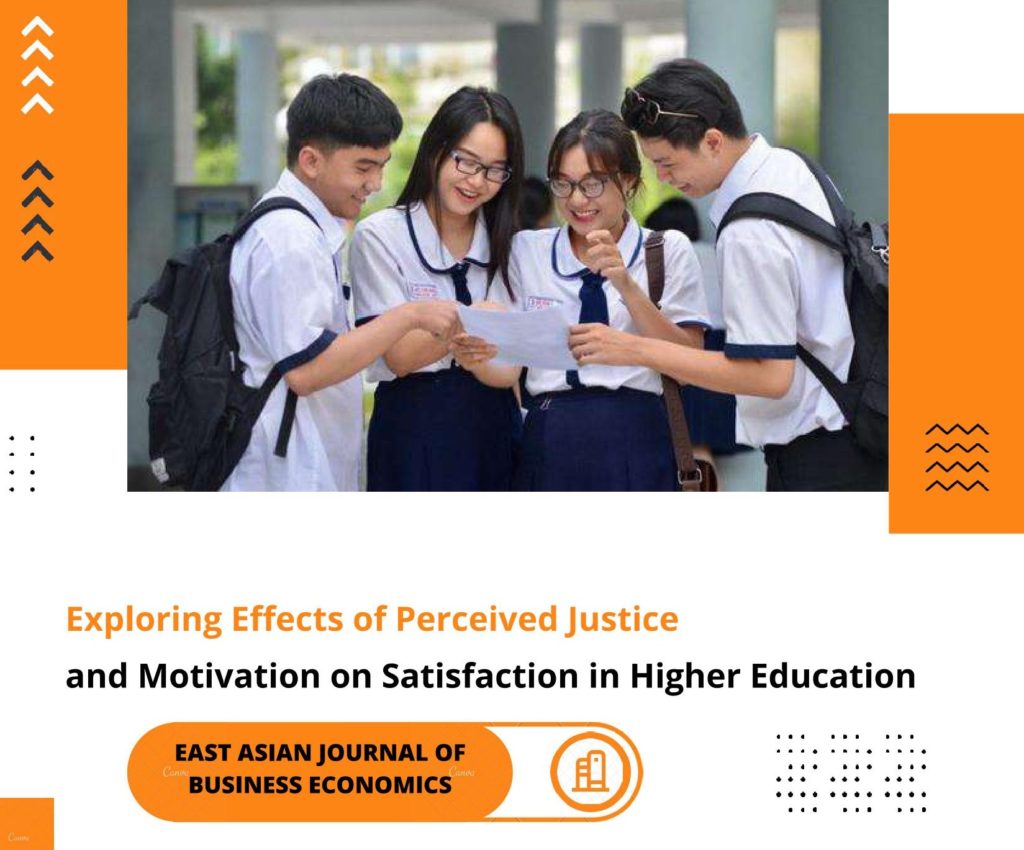
Exploring Effects of Perceived Justice and Motivation on Satisfaction in Higher Education For many Vietnamese students, the national high school graduation examination is one of the most important exams in their lives, transitioning from high school to tertiary education. Considering that the national examination is exceptionally important for admission of higher education, failure of management […]
Characteristics of the Vietnamese Rural Economy
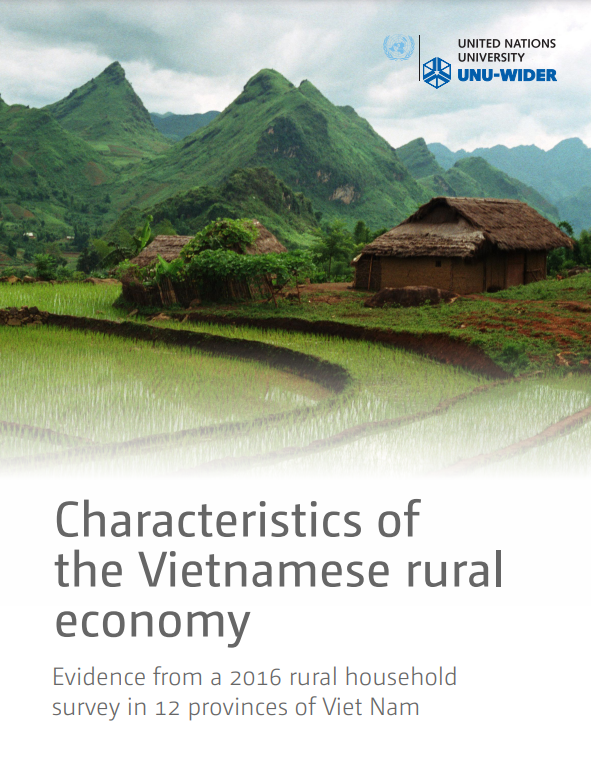
Characteristics of the Vietnamese rural economy – Evidence from a 2016 rural household survey in 12 provinces of Viet Nam Following the successful implementation of the Doi Moi reform programme, Viet Nam has experienced outstanding economic progress, for example in aggregate output and poverty reduction. For many years, Viet Nam developed much faster than the […]
An Exploratory Study on Academic Staff Perception Towards Blended Learning in Higher Education

An Exploratory Study on Academic Staff Perception Towards Blended Learning in Higher Education As the years progresses, higher education has move towards implementing Blended Learning (BL) which is a combination of face-to-face and online mode of teaching and learning which have continued to advance in institutions all over the world. Accordingly, it is important to […]
Learning from a Pandemic. The Impact of COVID-19 on Education Around the World
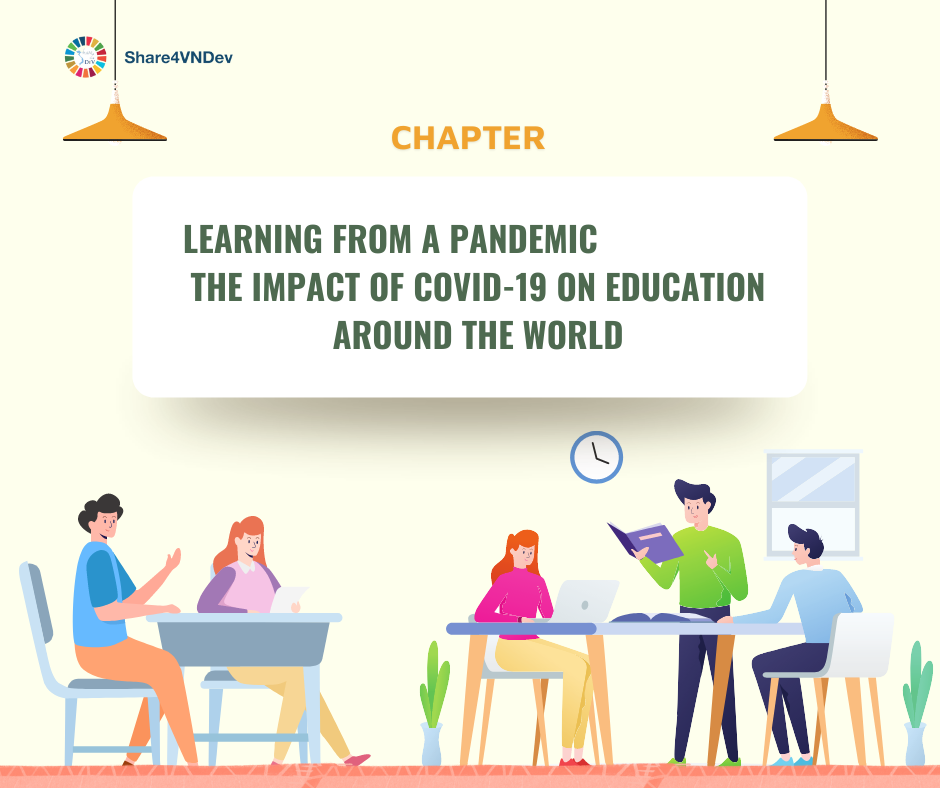
This introductory chapter sets the stage for the book, explaining the goals, methods, and significance of the comparative study. The chapter situates the theoretical significance of the study with respect to research on education and inequality and argues that the rare, rapid, and massive change in the social context of schools caused by the pandemic […]
Making Every Woman and Girl Count: 2017 annual report: Planning phase
The 2017 annual report of the flagship programme initiative, Making Every Woman and Girl Count (MEWGC), provides an overview of the key achievements during the reporting period, including a review of activities and progress in implementing the MEWGC programme at the global, regional, and national levels. It also contains an update on resource mobilization and […]
The cycle of commodification: migrant labour, welfare, and the market in global China and Vietnam

China and Vietnam have experienced waves of labour and welfare reform since both countries shifted to market socialism, pursuing a development model that depends on the labour of millions of rural–urban migrants in global factories. Their similar development trajectories are productive for theorizing the relationship between labour and welfare. This article conceptualises the two countries’ […]
Poverty: A central barrier to the implementation of the UN Sustainable Development Goals

Poverty is one of the central elements in the transformative promise of the 2030 Agenda: leave no one behind. Ending poverty in all forms and everywhere is the first Sustainable Development Goal (SDG) and much can be discussed about its impact on several other sustainability elements. In this context, this paper explores the role of […]
The 17 United Nations’ sustainable development goals: a status by 2020
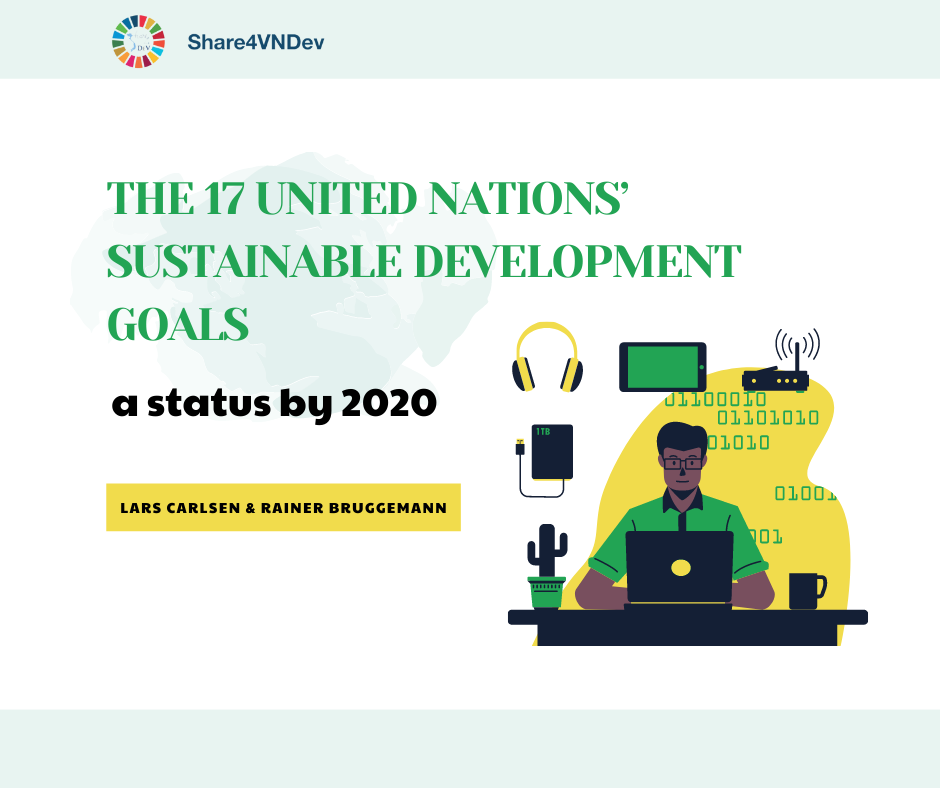
The 17 United Nations’ sustainable development goals: a status by 2020 The United Nations’ 17 sustainable development goals (SDGs) were adopted in 2015. Following a 2020 status report of the status and development for 102 countries, for which data for all 17 SDGs for the years 2010, 2015 and 2019 were studied. The analyses were […]
Impact of institutional quality on sustainable development: Evidence from developing countries

Efficient environmental resource management is a serious concern for sustainable development in developing countries. This study determines the impact of institutional quality on sustainable development, based on total factor productivity improvements through the environmental regulatory process by way of abatement policies using an augmented endogenous sustainable growth model. Based on panel data covering 66 developing […]
Reimagining Internationalization in Higher Education Through the United Nations Sustainable Development Goals for the Betterment of Society
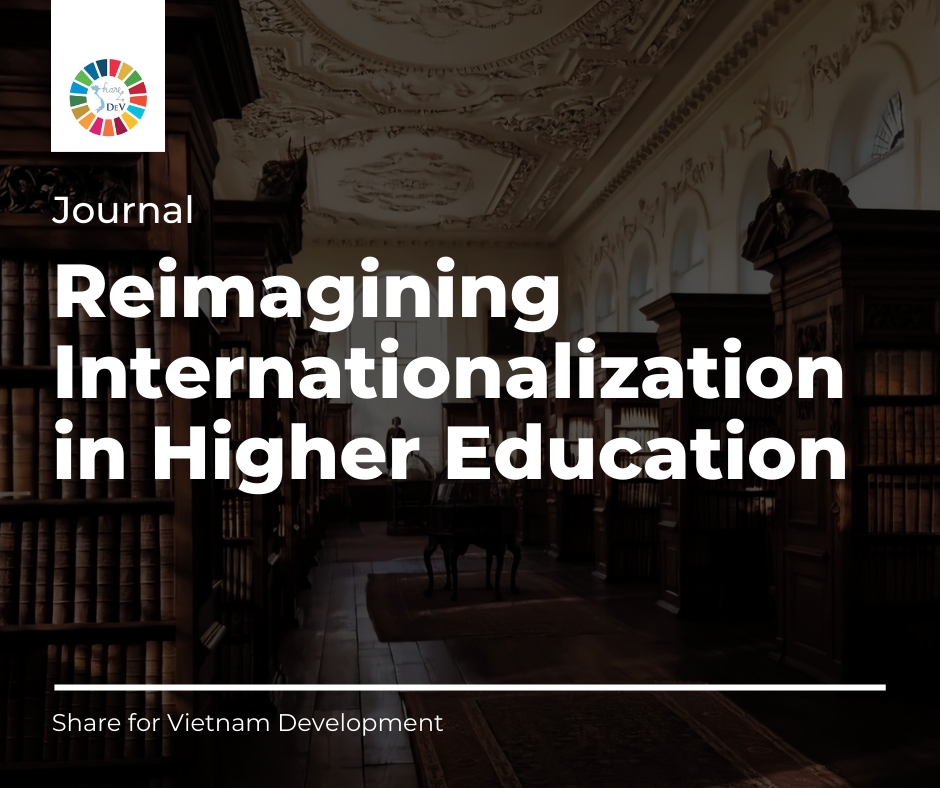
Higher education institutions (HEIs) play a critical role in creating and distributing the knowledge required to tackle the complex global challenges faced by society today. This role is frequently linked with the concept of the internationalization of higher education, but this concept in practice is also subject to criticism. This article argues that integrating the […]
Perceptions of Gender Disparities in Vietnam’s Labor Market
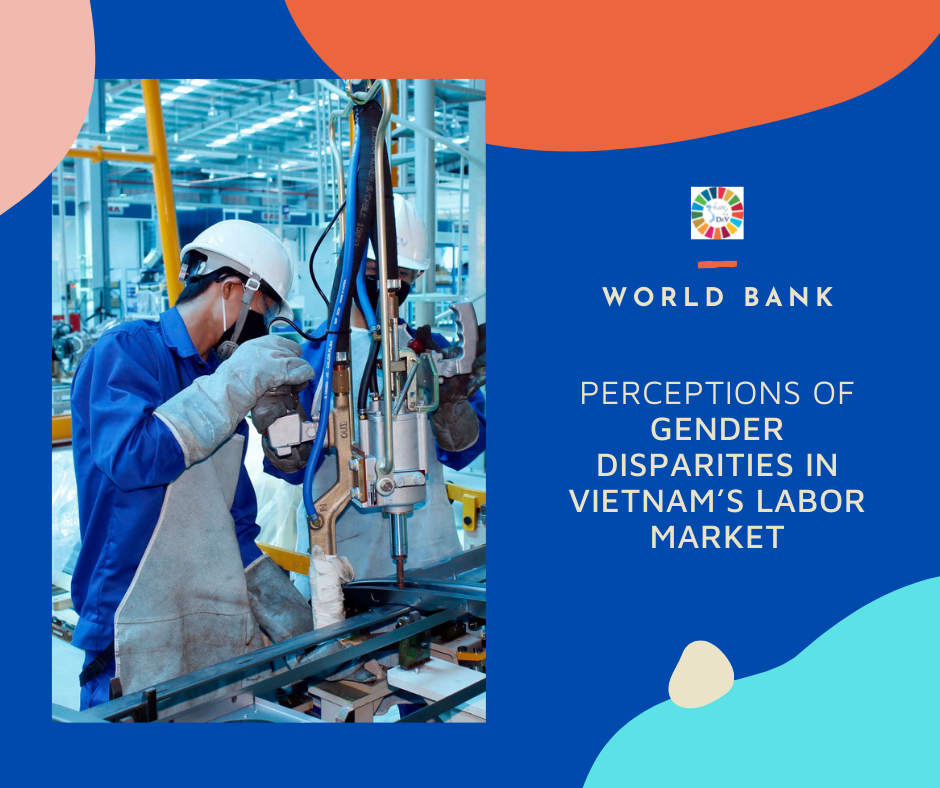
Perceptions of Gender Disparities in Vietnam’s Labor Market In the context of Vietnam’s impressive economic growth over the last two decades, several studies have documented gender disparities, but few have studied the underlying constraints that drive the disparities. The Vietnamese government is working to increase its support to job seekers. To help fill the knowledge […]
Non-Profit Organization Involvement Into the Sustainable Development Goals

Non-Profit Organization Involvement Into the Sustainable Development Goals Non-profits are an essential part of the community, reaching many sustainable development goals (SDG) without naming and promoting them. They can be empowered to do more. Non-profits should make the SDGs a prominent point to demonstrate why clients and consumers should buy or use their services to […]
Increasing faculty’s competence in digital accessibility for inclusive education: a systematic literature review

Increasing faculty’s competence in digital accessibility for inclusive education: a systematic literature review The use of information and communications technology (ICT) in higher education institutions has increased in the past 20 years. While ICT has brought many benefits to students and faculty, research shows that it also creates barriers and challenges for students with disabilities […]
Big Data is Decision Science: the Case of Covid-19 Vaccination
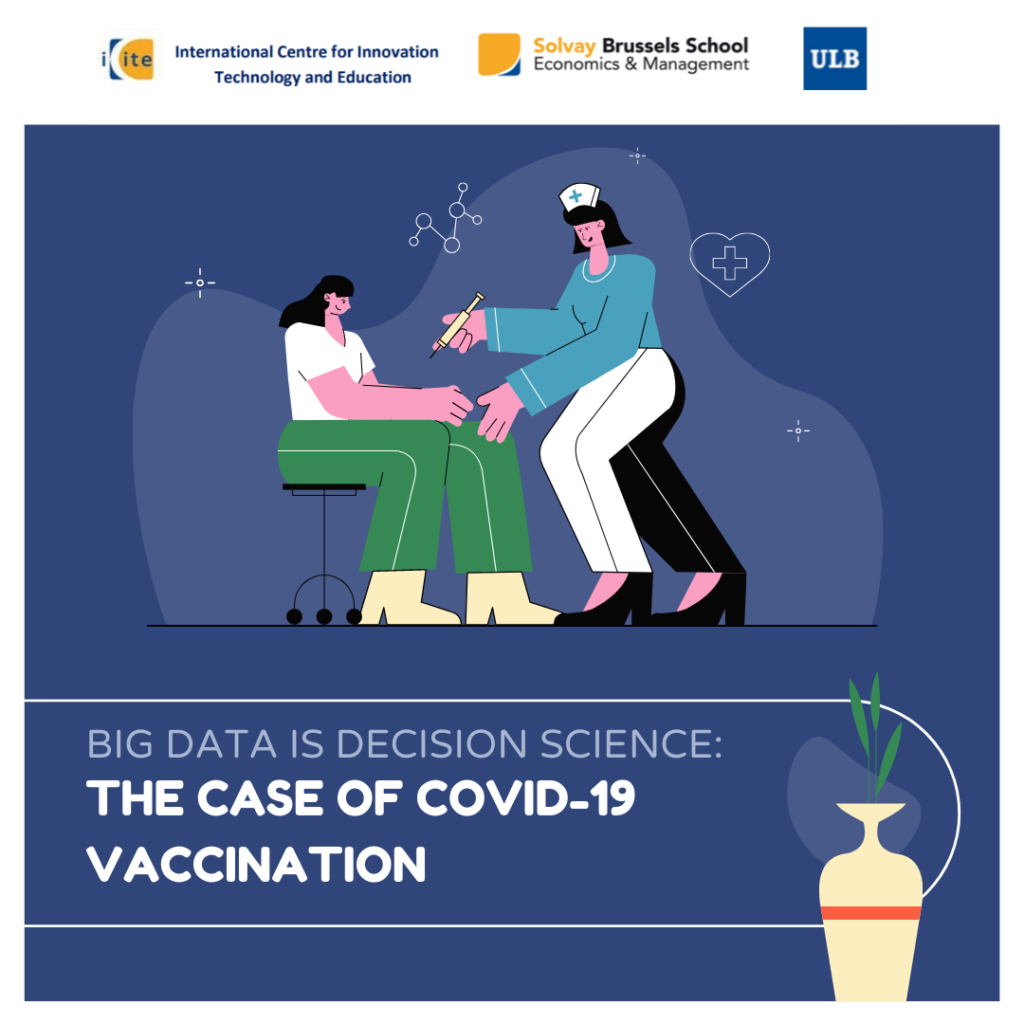
Big Data is Decision Science: the Case of Covid-19 Vaccination Data science has been proven to be an important asset to support better decision-making in a variety of settings, whether it is for a scientist to better predict climate change, for a company to better predict sales, or for a government to anticipate voting preferences. […]

